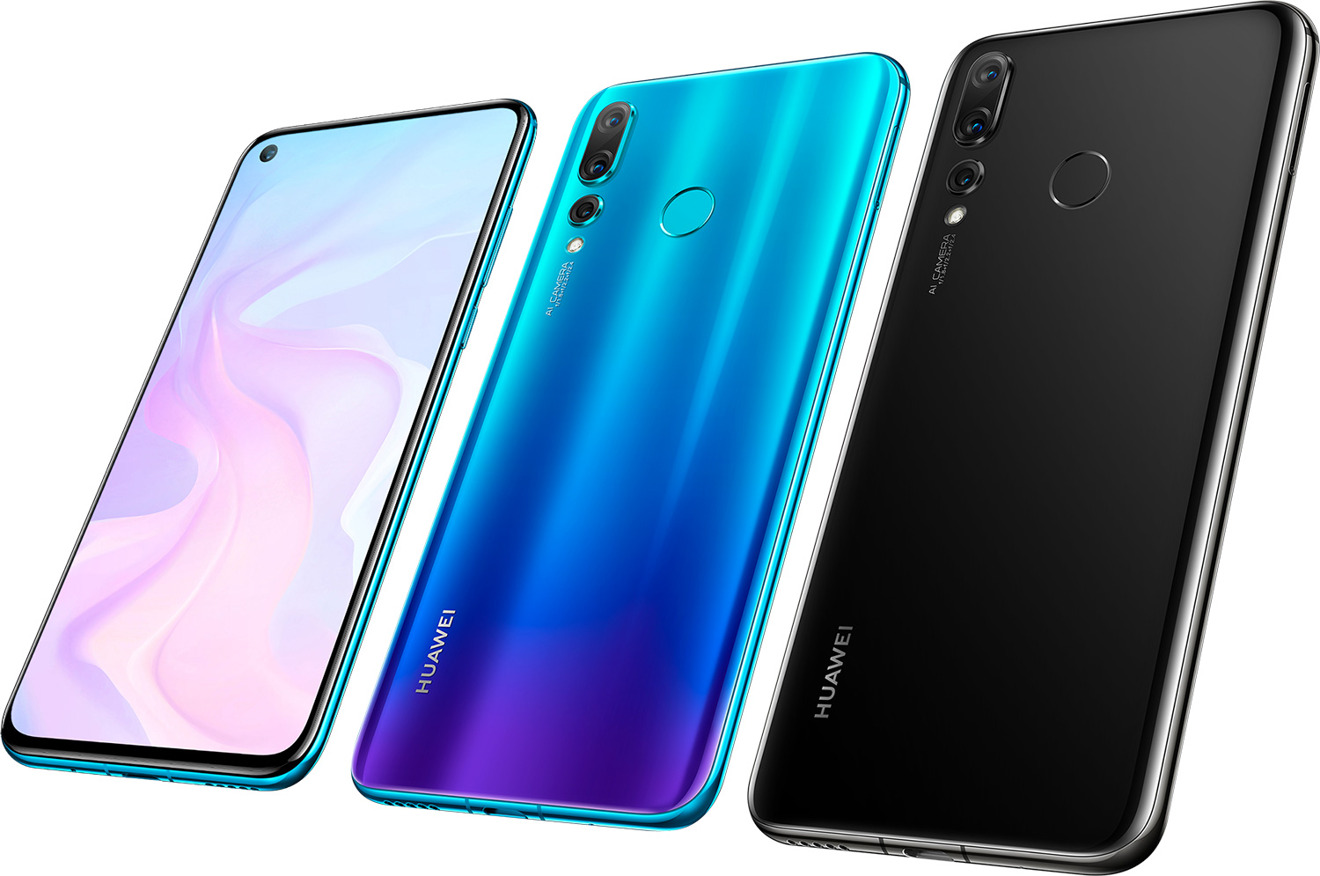Google suspends Huawei's Android license, forces switch to open-source version
Following newly-authorized rules by the Trump administration, Google has reportedly terminated Huawei's Android license, forcing it to move to the Android Open Source Project.
The change won't immediately affect owners of Huawei phones, since they'll be able to update individual apps through the Google Play Store, Reuters noted. The company will however have to use its own system to push broader OS updates, and only once they've been published through AOSP.
It may cut Huawei off from key apps and services such as Gmail, YouTube, and even Chrome. Most Google mobile apps are already banned in Huawei's Chinese homeland, but they are licensed for devices in markets like Europe.
The company has reportedly spent several years preparing for such a contingency, and is even using some of that fallback technology in Chinese versions of its phones. Westerners, though, are unlikely to be happy without access to services many consider cornerstones of the internet.
Last week the U.S. Commerce Department added Huawei and 70 affiliates to its "Entity List," preventing it from buying from American businesses without a license demonstrating there's no national security risk. Simultaneously, President Donald Trump signed an executive order blocking corporations from using telecoms equipment from firms deemed a national security risk — such as Huawei and ZTE.
The Trump administration has expressed worries that Huawei's ties with the Chinese government could lead to backdoors, and indeed a report recently claimed the discovery of such activity in the Netherlands. Huawei has denied any such threat, and argued U.S. actions are really meant to thwart Chinese business.
Indeed the U.S. bans could kick a leg out from under Huawei, since until this month it was dependent on American suppliers like Qualcomm. That could give companies like Apple a better chance in China, even if it will still have to deal with price obstacles and local brands like Xiaomi, Oppo, and Vivo.
 Roger Fingas
Roger Fingas








 Amber Neely
Amber Neely
 Thomas Sibilly
Thomas Sibilly
 AppleInsider Staff
AppleInsider Staff
 William Gallagher
William Gallagher
 Malcolm Owen
Malcolm Owen
 Christine McKee
Christine McKee










81 Comments
Very nice. Although not intended, even a small dent in a ‘global economy’ is a good thing. The world cannot all get along no matter how good the intentions are, and the larger the groups of diverse people equally governed the less likely they will be to agree and get along. Discrimination, persecution, division, and totalitarianism will be necessary to manage a globally oriented population. Ironically, the result of a global economy will be exactly the opposite of what is hoped for.
I don't feel comfortable with the "Backdoors Inside" my Macs and PCs. Don't know who designed the Cortex cores in the Kirin SoCs in my Huawei devices. (I'm in the EU.)
Ban sales of Qualcomm chips and Android to Huawei and watch that mobile unit disintegrate.
The bad part is that China would retaliate against Apple and that means catastrophic consequences for Apple, as Cook has not prepared Apple for such a contingency even though he was warned 2.5 years ago.
Huawei gets a chunk of Samsung’s market share in China and in Europe. It’s actually better for Apple if Huawei mobile unit stayed alive.
I’m actually amazed Google is doing the right thing here. After all, they’ve been fueling Asian knockoff artists (including Samsung) since Android 1.0, at the expense of/on the backs of American companies and American innovation. Remember how Google bought one of the last remaining American mobile device companies (Motorola), only to mine their patents before dumping the company off on the Chinese? All to build a mobile market share monopoly to feed their sweet, sweet digital surveillance advertising business.
Now all that remain are Apple and, surprise, Google. Who, like Microsoft before them, found it worthwhile to stab their hardware “partners” in the back by jumping into the hardware market themselves for some potentially-lucrative double-dipping.
Google are scum, but at least they’re doing the right thing here. For once.
huawei have nothing special. They never been forward Us products. You see , all their production use a freeware software gifted by Americans. Without google, huawei can’t do anything. They haven’t a good software alternative. They are nothing. Few media helped them to sell more smartphones , with fake news and exaggerated reviews. But basically they are android products like many other brands. I think Us should make an investigation between media and huawei to understand the reason of that special friendship.